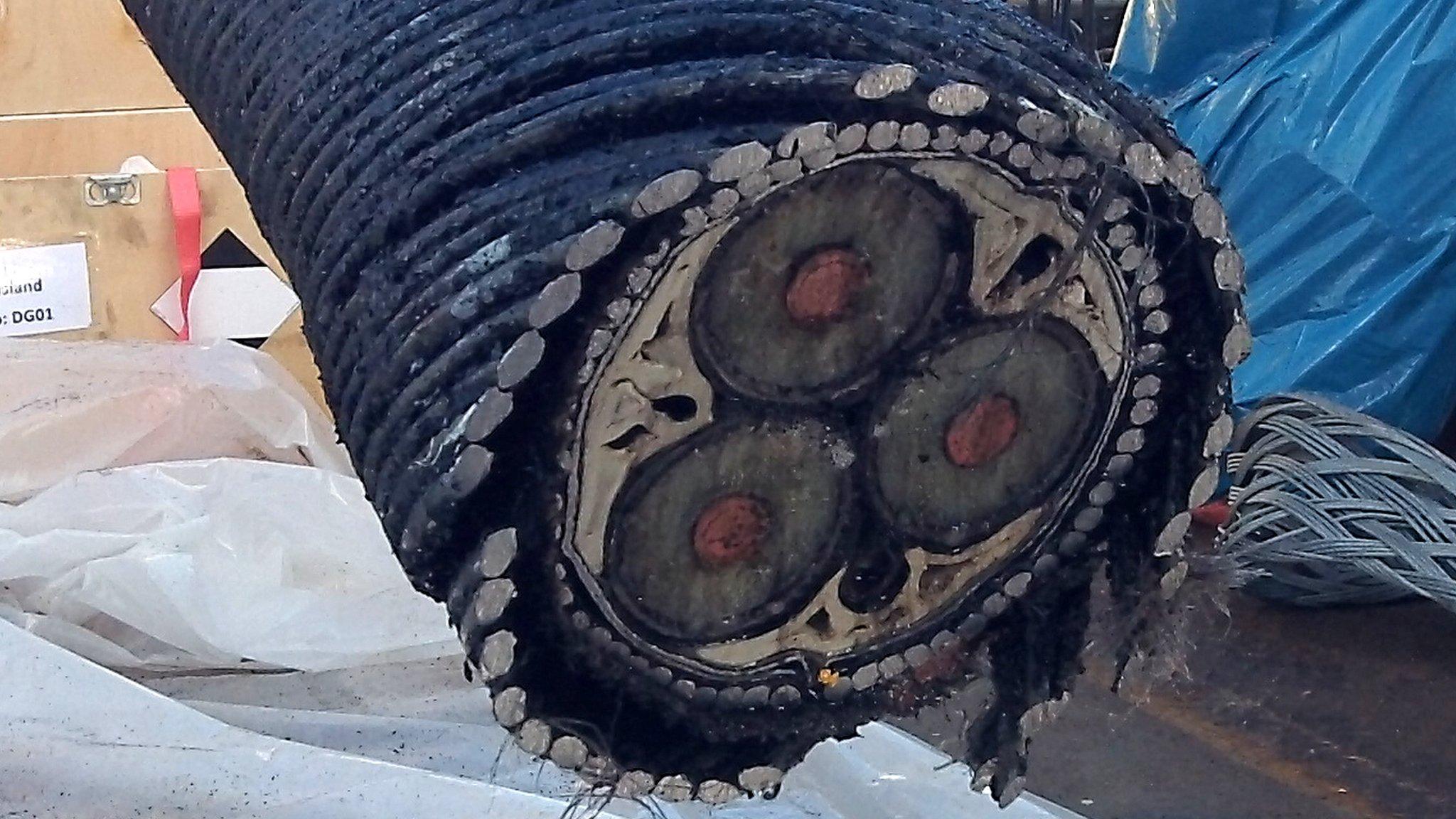National Grid unveils plans to bury cables underground
- Published
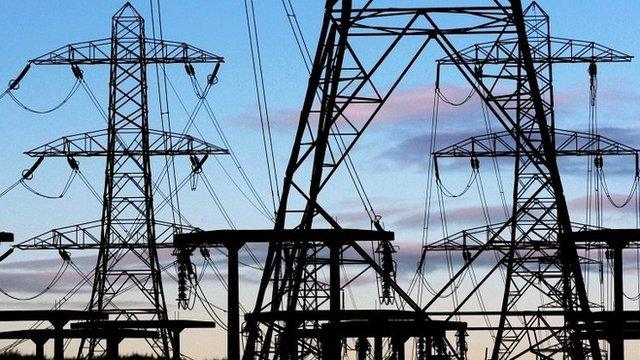
Pylon cables will disappear from some of the most beautiful areas of England and Wales as part of a move by National Grid to reduce the impact of energy transmission on the landscape.
The wires will be put underground - at higher cost, but lower visual impact.
Twelve stretches of pylons in eight areas of countryside have been shortlisted for the beauty treatment.
The move follows a consultant's report identifying the ugliest overhead lines in the land.
Countryside groups welcomed the move - but stressed that all new power projects must consider the impact on the landscape from the outset.
The protests against new wind farms drew National Grid's attention to the public dislike of pylons in the landscape.
It has responded by setting aside £500m, made available by energy industry regulator Ofgem until 2021, to bury high voltage cables, or screen them, or re-route them away from beauty spots.
Among the contenders for early investment are sites in four national parks: the New Forest, Brecon Beacons, the Peak District and Snowdonia and four areas of outstanding natural beauty in Dorset, the High Weald, the North Wessex Downs, and the Tamar Valley.
'Positive step'
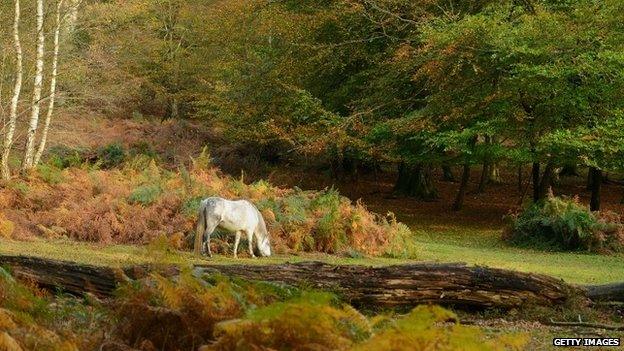
The New Forest is one of the areas where pylon cables are expected to be moved underground
Sarah Harris from National Grid told BBC News: "Initially we assessed 571 km of transmission lines of our overhead lines in Areas of Outstanding Natural Beauty and national parks.
"We then had independent consultants physically walk the power lines in question to look from all viewpoints and see where was the biggest impact.
"We will now do further studies on all the sites that have been identified to see what's best to do in each individual site."
An advisory group is helping with the process. It comprises organisations including the Campaign for National Parks, Campaign to Protect Rural England (CPRE), Campaign to Protect Rural Wales, English Heritage, Cadw, Natural England and the National Trust.
Nick Clack, senior energy campaigner at CPRE, told BBC News: "This is a really positive step in reducing the impact of existing overhead electricity lines in some of our most valued countryside.
"Given these welcome efforts to mitigate the impact of existing lines, National Grid needs to make sure it is doing all it can to mitigate the impact of new ones.
"Close consultation and cooperation should be applied across all regulated industries so that landscape impacts arising from big infrastructure projects are properly considered and funding is provided at the outset."
The cost of preserving the landscape will, of course, be ultimately borne by people who pay electricity bills.
Follow Roger Harrabin on Twitter @rharrabin
- Published7 November 2014
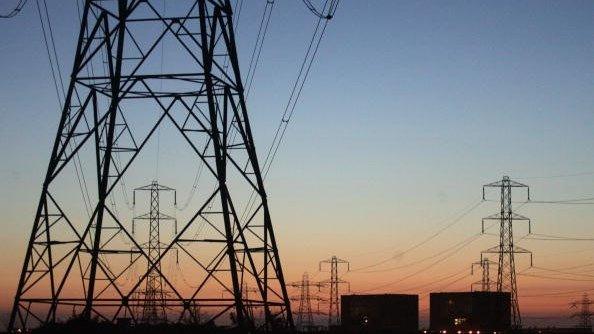
- Published28 October 2014
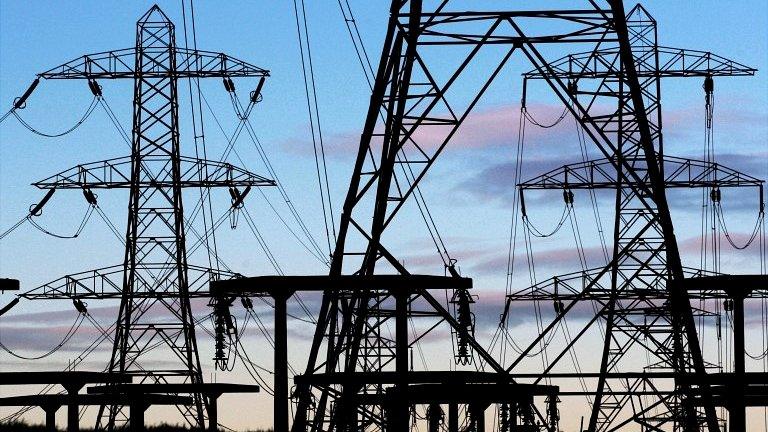
- Published22 October 2014
